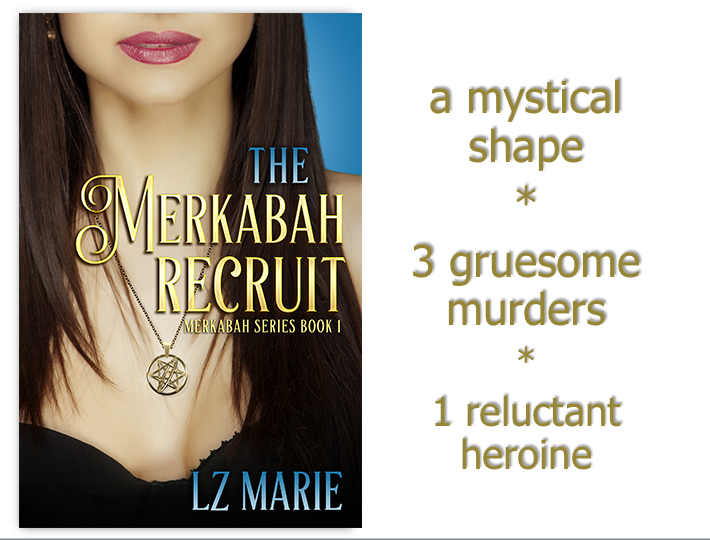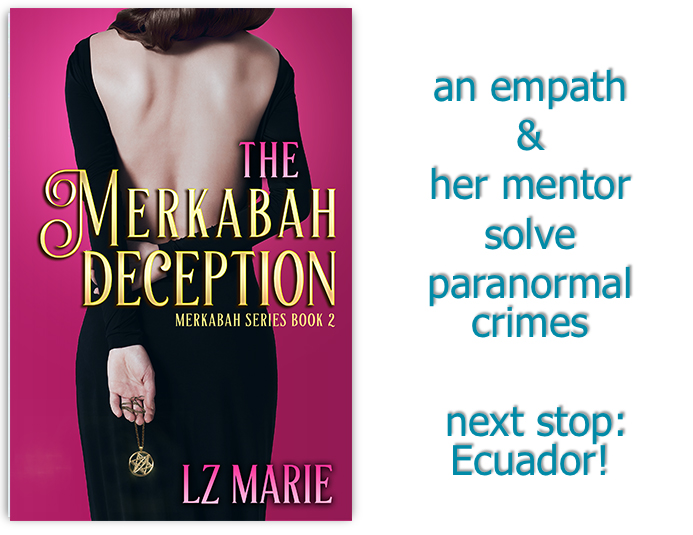 I began writing my first novel 5 years ago. Boy, was I naive! Yet, looking back, those 5 years feel like both an eternity and a blink of an eye. Because I taught literary analysis and have a B.A. in Literature ( la-de-da ) I though I was ahead of the novel game, but all I had were book smarts not the experience with applying those authorial techniques.
I began writing my first novel 5 years ago. Boy, was I naive! Yet, looking back, those 5 years feel like both an eternity and a blink of an eye. Because I taught literary analysis and have a B.A. in Literature ( la-de-da ) I though I was ahead of the novel game, but all I had were book smarts not the experience with applying those authorial techniques.
Here’s the TOP 13 things I learned about writing during that time.
- You need to be dedicated. For most of us that means writing EVERY DAY. I can probably count on one hand the days I didn’t write something ( and I’m not counting Facebook posts and tweets.) Some days I wrote or rewrote several pages. Other times—after a long aggravating day at work—I was lucky to write a paragraph.
- Take advice from people who know. Go to conferences if it’s in your budget. Read lots and lots of blogs, articles, and books about the craft of novel-writing. You can avoid many newbie errors by studying the craft and pitfalls.
- Your first novel probably needs more rewrites than you think. My final-final-final rewrite of my first novel came after a frienamy ( friend + enemy ) told me it sounded amateurish and had no voice. Ouch! But I thanked her and rewrote it twice more.
- Friends and family are absolutely CERTAIN they’re a character in your story no matter how many times you tell them otherwise.
- You discover who your real friends are. Real friends read your story, discuss your story, let you cry on their shoulder, give honest feedback and, most importantly, encourage you to keep writing, keep querying, keep keeping the dream.Real friends don’t look at you in horror and say “You’re writing a novel?” Sadly, my loving well-intentioned parents told me many many times to stop writing. ( They never read my blogs so I know they won’t read this.) Oddly enough, they still want to read all of my novels.
- It gets easier—sort of. The more you write, the more the words flow, the easier sentences are to manipulate. It’s Malcolm Gladwell’s 10,000 hours rule: It takes lots and lots and lots and lots of practice to be proficient.
- Really good beta readers are hard to find. Finding plot flaws, inconsistencies, and miswritten sentences requires a reader who doesn’t get so lost in your story they forget to look for flaws.
- Other writers will lie to you. They’ll lie about the process, the problems, your ability ( or lack of ), the odds, their sales, their ‘awards,’ their lucky breaks etc. I don’t know why they lie—maybe to make it look easier/more difficult than it is, maybe to discourage you, maybe because they’re competitive/jealous/pissed off/disillusioned, or maybe it’s their misguided way of encouraging you. Who cares. Just vet the info or advice before acting on it.
- If financially feasible, pay for a REAL manuscript critique or editorial report. One from a multi-published ( not self published ) author offering the service runs about $1500.00 smackeroos. They’ll tell you why your story sucks ( or not ) and how to make it better. A good investment if you can afford it. Most writers conferences offer $50.00 five-page critiques by attending agents/editors. If possible, find out who’s the toughest critic—you’ll know when attendees warn, “Don’t go to that one , they’re soooo mean”–and go to that one! You want the truth, right? You want to get better, right?
- Writing your first query and/or one-sentence pitch is its own level of Hell. Take your time. Read all the how-to’s. Be prepared to rewrite it a billion times. Sending the query is downright terrifying. Do it anyway.
- Luck: You need it. Your manuscript needs to wow the right agent at the right time, and your manuscript must thrill the right acquiring editor at the right time.
- Write a second novel…and a third…and a fourth…. ( I’m on my sixth and still loving every moment of the process.)
- Don’t give up.
Related posts: Readin’ & Writin’; Rock Your Writing















Excellent post, L. Z.
Another point worth mentioning is the importance of support from family and friends. They must understand that your writing time is your job, and you require uninterrupted concentration while you work.
Regarding beta readers, catching plot holes, etc., I find Scribophile excellent. I’ve been there for a couple of year, and have learned more interacting with other authors than I did in the multiple decades prior to joining.
P.S. Your Captcha delay might need adjustment. I typed this reply and had to retype it because Captcha timed out on me.
I’ll have to check out Scribophile, Thanks for the tip! And you’re correct, your family should understand that writing a novel takes lots of time.
Arrrrrrrgh! I typed fast to avoid the Captcha delay and missed a glaring typo.
I’m on my sixth and I’m enjoying it more every novel…………….You have said a lot of what it’s like………….
Good post but I was surprised to read 8. In my experience other writers have been helpful and generous and the support of my writing group gets me through tough patches. I’m sorry your experience hasn’t been the same.
Many are helpful and generous, and many are not. I’ve met both. Oh, the stories I could tell about “helpful” writers giving false or poor advice.